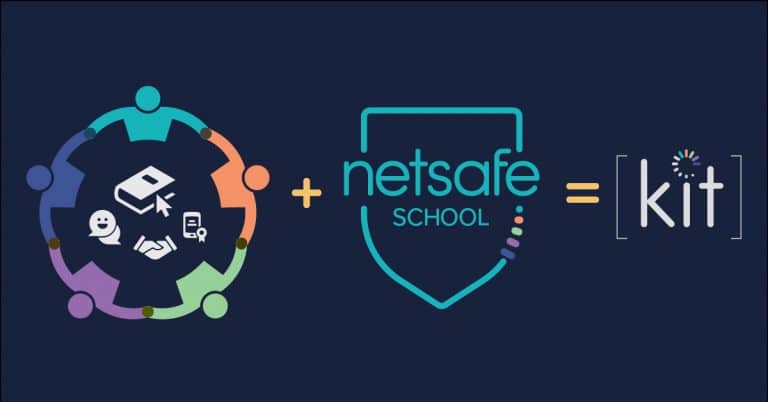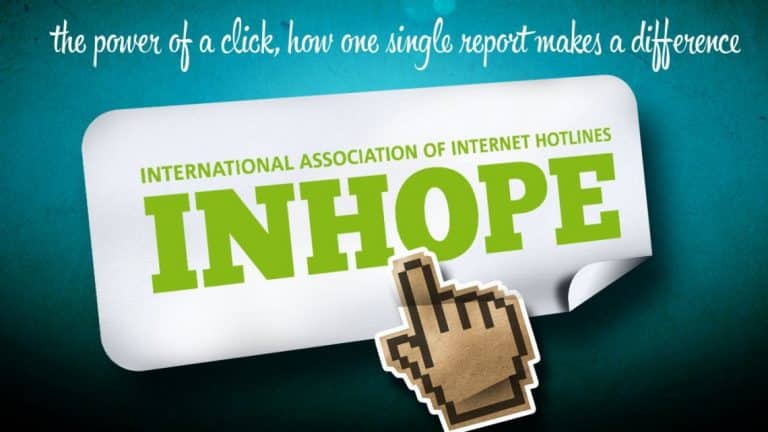Think before you nude
The Bare Facts is a campaign developed by rangatahi, Netsafe and Classification Office Te Mana Whakaatu about the risks of taking and sharing nude images. Find out more about these new campaign now. What is The Bare Facts about? Sharing nude images is part of everyday life for many young people in Aotearoa, but not…

The Bare Facts is a campaign developed by rangatahi, Netsafe and Classification Office Te Mana Whakaatu about the risks of taking and sharing nude images. Find out more about these new campaign now.
What is The Bare Facts about?
Sharing nude images is part of everyday life for many young people in Aotearoa, but not all consider how their image may be made public or shared in ways they didn’t intend after the moment. Netsafe and the Classification Office Te Mana Whakaatu developed The Bare Facts, a nationwide campaign designed to encourage open conversations about the reality of online intimate images.
The development and creation of The Bare Facts was informed by the Classification Office’s Youth Advisory Panel and Netsafe’s Youth Action Squad. The campaign empowers young people to have positive kōrero – with peers, parents, teachers and whānau – about why nude images are sent, the need for consent and how to get help if things don’t pan out.
The Bare Facts advises people to trust their intuition, and if they are unsure, it’s best not to send or share anything.
“Once a nude leaves your phone or device, it’s impossible to control what may happen to it and who may see it,” said Netsafe’s former CEO.
What does the Classification Office have to say?
“As media regulators we see a lot of the harms that come from intimate images and we also know that sharing images like this is a reality for our rangatahi,” said former Chief Censor David Shanks. “Following on from work we did researching young people and pornography we have created this campaign to help rangatahi have a better understanding of the issues around sharing nudes. “Nudes can be seen as a standard expectation, as one young person told us – ‘Relationships have a sort of progression as they go along, and some people might think that sending nudes is a part of that’.”
How often are nude images shared?
Netsafe’s research found almost four in ten teens know someone who has shared nude images or videos. Three in ten respondents were aware of another young person who has received content they did not request. Each week, Netsafe supports people who have entrusted intimate content to someone, who has then gone on to share – and in some cases widely distribute – material in ways the sender could never have dreamed of.
If this happens it’s important not to shame the person. The initial sharing is often done in a consenting way – and it’s the unauthorised on-sharing, or the threat to do so – that causes distress and harm.
Is it illegal to share someone’s nude images?
Sending and swapping nudes can be a fun and healthy part of dating. While some people don’t mind receiving an unexpected naked image, for some, this can be uncomfortable – and it can be a form of harassment. The Harmful Digital Communications Act makes it a criminal offence to disclose sensitive personal facts about a person or break confidences. Hefty fines or jail terms can be applied to those who breach the law.
Related news
Netsafe data shows that between May 2020 and April 2021, 66.6 percent of reports categorised as image-based sexual abuse were made by females. Reports from under 21-year-olds (of all genders)
comprised 44.4 percent of reports.
Parliament is currently considering the Harmful Digital Communications (Unauthorised Posting of Intimate Visual Recording) Amendment Bill. If successful, this legislation will lower the threshold to prosecute someone sharing intimate images without consent.
Netsafe supports the proposed amendments as we know that strengthening the law is critical to helping people experiencing image-based sexual abuse. You can watch Netsafe’s submission here. If someone has shared your content, we can explain the options available and provide expert incident advice. Our service is free and confidential, and we regularly deal with these types of reports.
More information
- The Bare Facts
- How to talk to your child about sexting
- Understanding nudes & sexting
- Young people and sexting research
KEEP UP TO DATE
Follow us on social media and sign up to our newsletter for alerts, news and tips.







